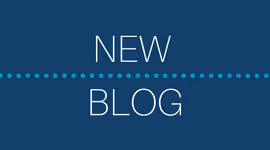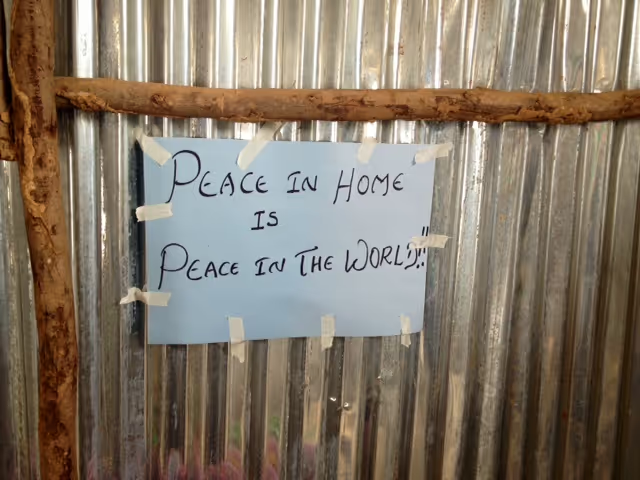Reflections and Lessons Learned at the End of the Project

As the project comes to a close, our team has had a chance to look back at what we have accomplished and think about some of the key lessons learned. We are also looking to the future and considering a number of next steps.
Our project was implemented in Bokolmanyo refugee camp in Dollo Ado, Ethiopia, from 2016 - 2018. It aimed to improve humanitarian practice by developing an innovative intervention to prevent and reduce intimate partner violence (IPV) among a Muslim refugee population. The project delivered in the context of a cultural practice to increase acceptability, participant engagement, program impacts and scalability to other settings.
Qualitative research was conducted in 2016 (n=110) to inform the adaptation of the Unite for a Better Life program—an in-person, group-based curriculum that was previously designed and tested for a non-humanitarian setting in Ethiopia. The program was adapted in 2017 using an iterative process incorporating feedback from a community advisory board, qualitative data from in-depth interviews and focus group discussions, and input from a multi-disciplinary team with expertise in gender and intervention development and implementation. The theory of change and logic model from the original intervention were adapted based on data from the field.
The adapted version comprised 16 sessions and was designed to be delivered to groups of women, men, and couples as a tea talk. In 2018, the intervention was piloted in one camp with trained female and male facilitators from the refugee community implementing the intervention. Households (n=180) with married couples in 6 camp zones were randomly selected for participation in a baseline survey to assess IPV and HIV knowledge and attitudes as well as experience of IPV.
Households were randomly assigned to one of four groups: 1) women receive the intervention, 2) men receive the intervention, 3) couples receive the intervention, or 4) a control group. The 16 intervention sessions were delivered to groups of 20 individuals in each arm over 6 weeks. A post-intervention survey was administered to assess acceptability of the intervention and changes in knowledge and attitudes.
At baseline, 81% of women (mean age=33 years) reported experiencing physical and/or sexual IPV in their lifetime. The frequency of specific acts of IPV was reported to be higher within the camp than prior to displacement. Of participants, 78% in the women’s arm, 68 % in the couples arm and 55% in the men’s arm completed at least 70% of sessions.
Among participants, 92% were satisfied with the program, 85% would recommend it to a friend, and none reported spousal conflict or violence as a result of participation. Endline data suggest improvements in IPV and HIV knowledge and attitudes.

Key Lessons
Several key lessons have emerged over the course of this project.
- Our data confirm that intimate partner violence is an important problem to address in this humanitarian setting.
- The adapted intervention to prevent IPV is feasible, acceptable and has the potential to change long-term outcomes in this and other similar refugee contexts.
- Integration of IPV and HIV programming in this setting is important.
Next Steps
Dissemination has taken place locally in Dollo Ado and in Addis Ababa via meetings with partners and key stakeholders and participation in workshops, working groups and other events. We plan to continue to disseminate findings through various channels including through peer-reviewed publications, the creation of a policy brief and presentations at conferences and meetings.
The long term strategy for scaling the innovation has several components which emphasize end-user needs, evidence and sustainability. We have also recently secured funding to generate a set of field-friendly tools to facilitate implementation of the innovation by diverse stakeholders.
We are also in the process of seeking additional funding to implement and evaluate the innovation using a Randomized Controlled Trial (RCT) in two additional camps in Dollo Ado to assess effectiveness on long-term outcomes. This evidence will inform decisions about scaling outside of Dollo Ado.
This project was awarded further funding through our HIF Diffusion grant in April 2019 to support the scaling of this innovation.
Stay updated
Sign up for our newsletter to receive regular updates on resources, news, and insights like this. Don’t miss out on important information that can help you stay informed and engaged.
Related articles


.png)
Explore Elrha
Learn more about our mission, the organisations we support, and the resources we provide to drive research and innovation in humanitarian response.